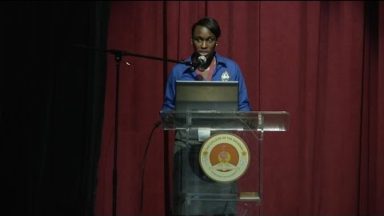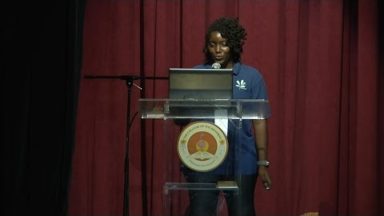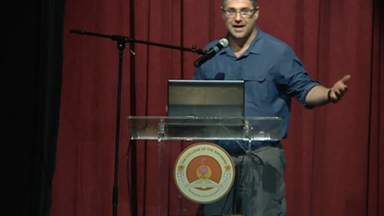Twenty-five years of marine mammal research in The Bahamas reveals complex future management challenges
Presented by Diane E. Claridge
Diane E. Claridge and Charlotte A. Dunn
The Bahamas Marine Mammal Research Organisation (BMMRO) has been conducting field research in The Bahamas since 1991, providing the only dataset available for many marine mammal species in the region. This work has been filling key knowledge gaps on the population and behavioural ecology to help inform conservation and management directives. Field methodologies have included visual and acoustic line-transect and opportunistic surveys resulting in over 6,000 sightings of marine mammals. Collection of individual-based data has integrated photo-identification, acoustics, remote biopsy sampling, and suction-cup and satellite telemetry tagging. Partnerships with academic institutions and U.S. NOAA Fisheries have resulted in directed studies on distribution and habitat use, population structuring and demographics, foraging ecology, social structure, communication and population-level effects of disturbance. Species that have been the primary focus of this work include eight cetacean species and one sirenian. The objective of this presentation is to share our most important findings and highlight challenges for future management of marine mammals in The Bahamas, with the key goal to contribute to their effective conservation. Significant findings include: vulnerability of a small site-faithful population of Blainville’s beaked whales (Mesoplodon densirostris) on the U.S. Navy’s underwater testing range in Andros; sex-based differences in residency patterns of sperm whales (Physeter macrocephalus); large-scale ranging of short-finned pilot whales (Globicephala macrorhynchus) into U.S. waters; high persistent organic pollutants measured in melon-headed whales (Peponocephala electra); population decline of coastal bottlenose dolphins (Tursiops truncatus) in Abaco; and, inter-island movements of West Indian manatees (Trichechus manatus). Current and future management concerns for these species will be discussed. Management needs are complex due to a number of contributing factors. Despite high species diversity, many species occur in small localised populations, some of which are vulnerable to human disturbances and therefore in need of more immediate action. Differences in ranging patterns across species (for example, resident beaked whales compared to widely ranging pilot whales) requires both local and international efforts to address their conservation. Variability in marine mammal habitat needs range from shallow mangrove lagoons, much of which is now protected, to submarine canyons, currently none under protection. Developing collaborations throughout the Wider Caribbean Region, identifying key habitats and its quality, and monitoring small resident populations are the focus of BMMRO’s future research. Partnerships with Bahamian conservation groups and Government agencies will be key to developing and advancing conservation directives to manage these species in The Bahamas.







Recent Comments